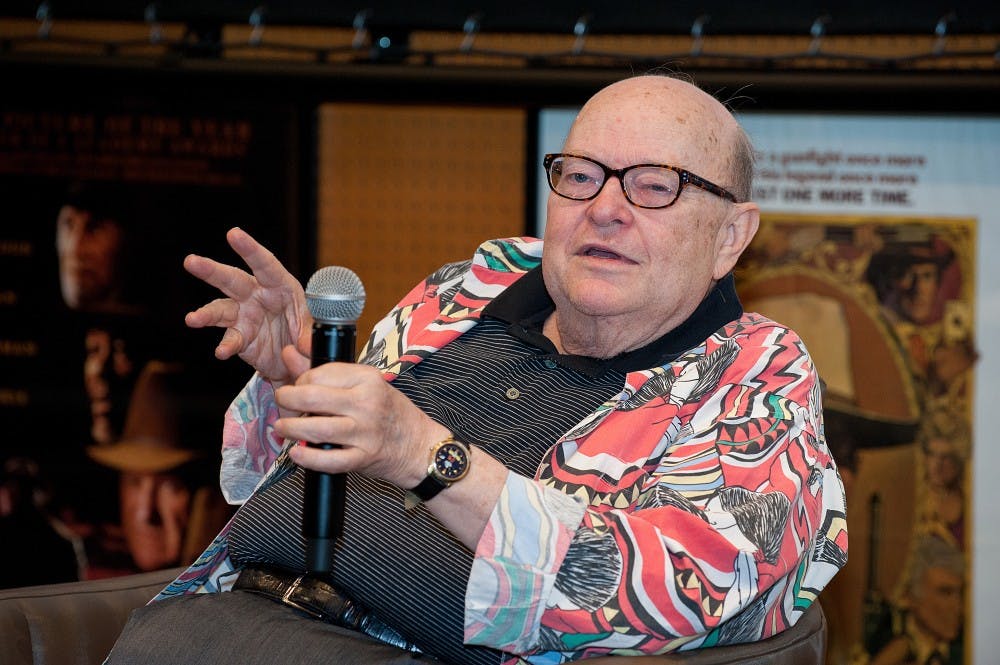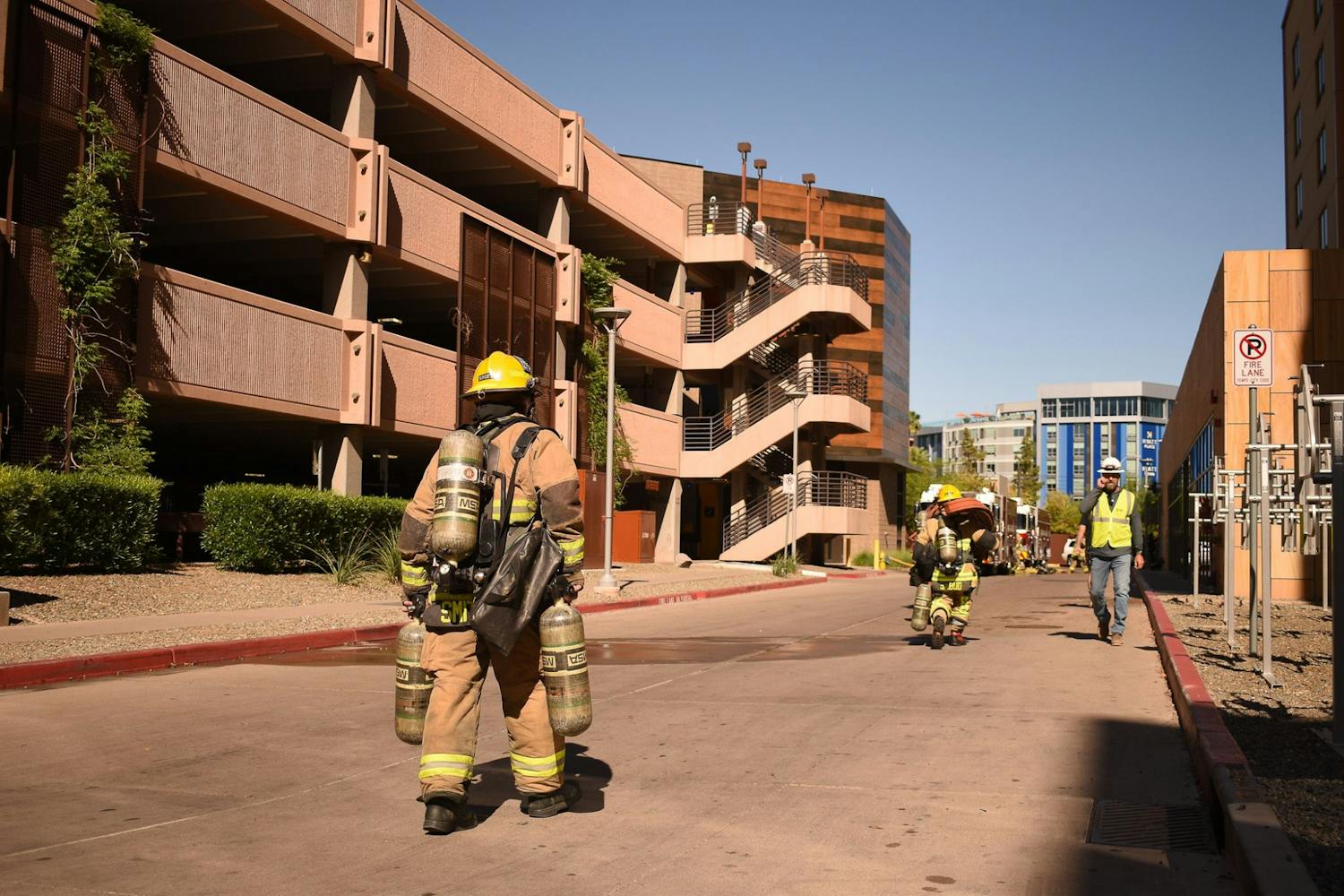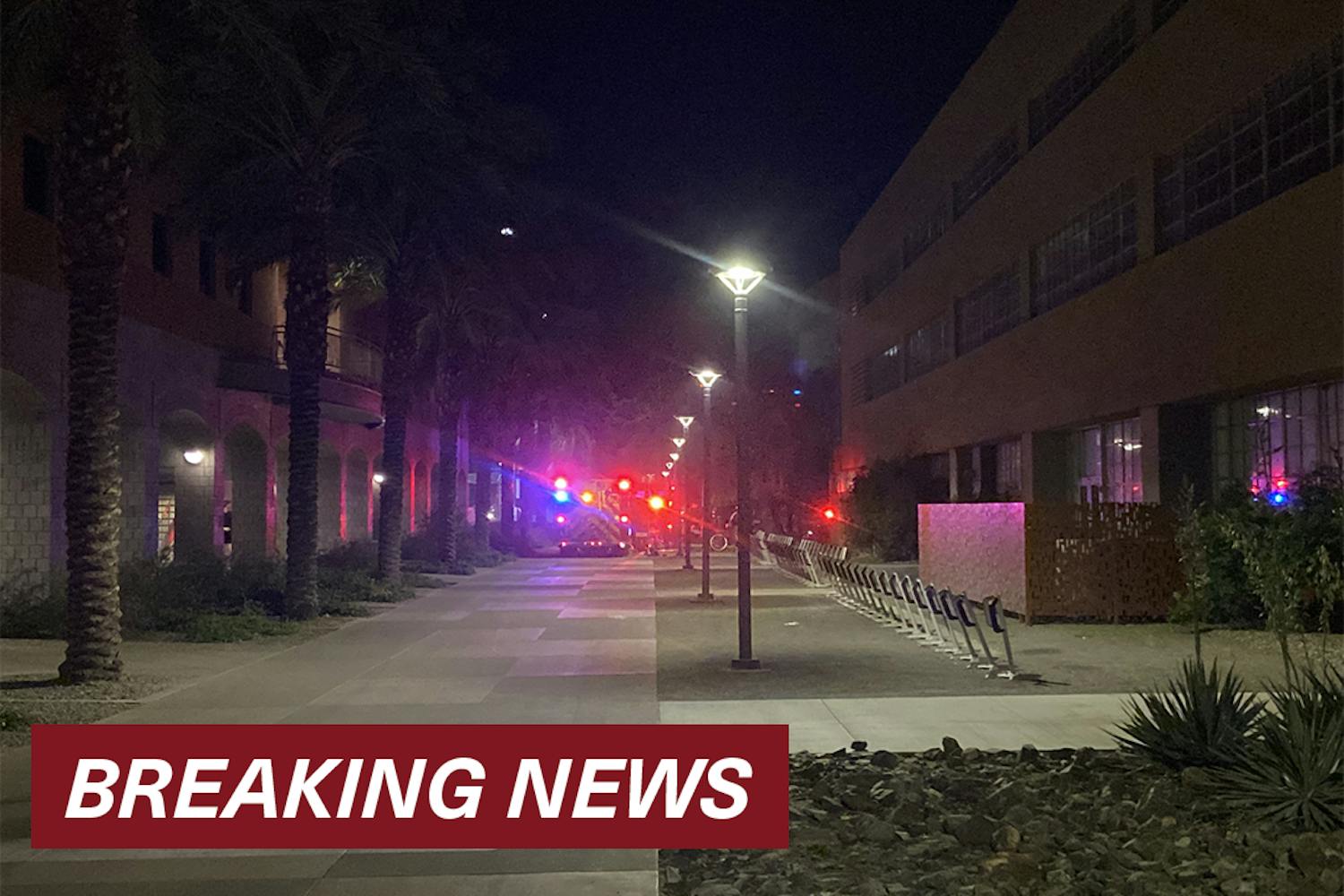On Nov. 2, Western Spirit: Scottsdale’s Museum of the West will host a screening of “Redskin,” one of Paramount Pictures’ final silent films, remarkable for its depiction of Native American culture and history.
The screening, hosted in conjunction with ASU’s Center for Film, Media and Popular Culture and the ASU Foundation, is designed to complement the museum’s recently opened exhibition, “The Rennard Strickland Collection of Western Film History.” It is the first in a series of three films being shown at the museum, and will feature a faculty-led discussion following the screening.
Kat MacDonald, the public programming and community outreach manager at the museum, explained the story behind the exhibit and the decision to implement film screenings.
“Last year the museum and the ASU Foundation made a joint acquisition of a collection of over 5,000 vintage Western movie posters and lobby cards,” MacDonald said. “To help better connect the community with the exhibition, we are collaborating with ASU to present five programs this season that relate to the collection itself, as well as filmmaking in general."
MacDonald said the choice to begin the screening series with “Redskin” is based on the film’s historical significance and thought-provoking nature.
“Although ('Redskin') is a silent film, at the time that it was released it was one of the very first films to portray the complex web of prejudices between the Native Americans and non-native population,” MacDonald said. “(This screening) is to spark discussion about racial identity and cultural appropriation and the damage that can be done by stereotypes. The film, despite its age, holds up very well in that regard.”
Angela Giron, clinical assistant professor and assistant director of the Master of Liberal Studies program at ASU, will be leading the post-film discussion. Giron became interested in the film after being approached by Peter Lehman, director of the ASU Center for Film, Media and Popular Culture.
“(I was interested by) the fact that it was shot in Canyon de Chelly, Monument Valley," Giron said. "Which are areas in Northern Arizona that I have personally visited. I have friends that live there, so it’s an area of land that I hold dear to my heart."
Giron wants discussion surrounding the film to analyze its context and examine the faults of the time. Her goal is for the audience to reflect personally on the film and develop their own ideas about its modern significance, she said.
“We ask how individual films embody … conventions of representation that make them characteristic for their time, and how the filmmakers are thinking about and philosophizing upon these conventions," Giron said. "'Redskin' … offers a unique interrogation in support of this focal theory."
Secondary education freshman Max Martin recognizes the significance of films like “Redskin” in highlighting the prejudices faced by Native American cultures.
“Growing up, I only ever watched films about the ‘Wild West,’” Martin said. “I would notice the inaccuracies in the portrayal of Native Americans. They’d be portrayed by white people, or as ‘savages.’”
Martin, who wants to teach history to high school students in the future, hopes this screening will spark conversation and education about prejudices from the past that continue today.
“(Films like ‘Redskin’) are absolutely still relevant today, because we see how Native Americans and other minorities were treated and viewed by the white majority,” Martin said. “It’s important to see how things used to be and encourage progressive education to prevent sustenance of these prejudices.”
Reach the reporter at mcmcint1@asu.edu or follow @maevemcintyree on Twitter.
Like The State Press on Facebook and follow @statepress on Twitter.




